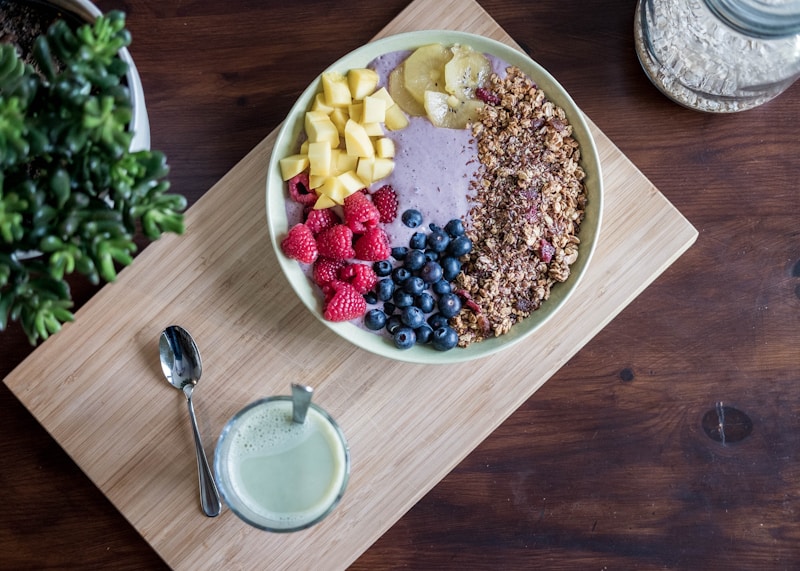
Eating healthy is often associated with expensive groceries and high-priced health foods. However, a nutritious diet doesn't have to break the bank. With some smart planning and budget-friendly strategies, you can maintain a healthy diet without overspending. Here are some tips and tricks for healthy eating on a budget.
The key to healthy eating on a budget is to plan your meals. This means creating a weekly or monthly meal plan and sticking to it. By planning your meals, you can avoid impulse purchases and reduce food waste. Start by making a list of healthy meals and snacks that you enjoy and rotate them throughout the week. This will also help you save time and energy when it comes to grocery shopping and meal preparation.
When it comes to grocery shopping, it's important to be a smart shopper. This means avoiding the expensive aisles and sticking to the basics. Opt for whole foods such as fruits, vegetables, whole grains, and lean proteins. These foods are not only nutritious but also budget-friendly. Also, consider buying in bulk or choosing store-brand products to save even more money.
Buying fruits and vegetables that are in season is not only better for the environment, but it's also more affordable. Seasonal produce is often on sale and tends to be fresher and tastier. Plus, you can freeze or can any excess produce to use later on. This is a great way to save money and have access to nutritious fruits and vegetables all year round.
Coupons and sales are great ways to save money on groceries. Keep an eye out for coupons in your local newspaper or online. You can also download apps that offer digital coupons and discounts. Additionally, take advantage of sales and stock up on non-perishable items that you use frequently. Just make sure to check the expiration dates and only buy what you will actually use.
Meal prepping is a great way to save money and time. By preparing meals in advance, you can avoid buying expensive takeout or convenience foods. Choose a day of the week to dedicate to meal prep and make large batches of healthy meals that can be portioned and stored for the week. This will not only save you money but also ensure that you have healthy meals ready to go when you're short on time.
Protein is an essential part of a healthy diet, but it can also be expensive. Instead of relying on expensive meats, try incorporating more plant-based proteins into your diet. Beans, lentils, tofu, and quinoa are all affordable and nutritious sources of protein. You can also buy these items in bulk to save even more money.
Pre-packaged snacks can be expensive and often contain unhealthy ingredients. Instead, try making your own snacks at home. This can include things like homemade granola bars, energy balls, or roasted chickpeas. These snacks are not only healthier but also more cost-effective. Plus, you can customize them to your liking and avoid any unnecessary added sugars or preservatives.
Food waste is not only bad for the environment but also for your wallet. To avoid wasting food, try to use up any leftovers or produce that is about to go bad. You can also repurpose leftovers into new meals, such as using leftover chicken in a stir-fry or making a vegetable soup with leftover vegetables. Additionally, make sure to properly store and freeze any excess food to use at a later time.
Growing your own fruits, vegetables, and herbs is a great way to save money on groceries. You don't need a large garden or a green thumb to grow your own produce. Many fruits and vegetables can be grown in small containers on a balcony or windowsill. Not only is this a budget-friendly option, but it also ensures that you have access to fresh, organic produce.
Eating healthy on a budget is possible with some smart planning and budget-friendly strategies. By following these tips and tricks, you can maintain a nutritious diet without overspending. Remember to plan your meals, shop smart, utilize coupons and sales, and make use of affordable and nutritious options such as seasonal produce and plant-based proteins. With these strategies, you can achieve a healthy lifestyle without breaking the bank.